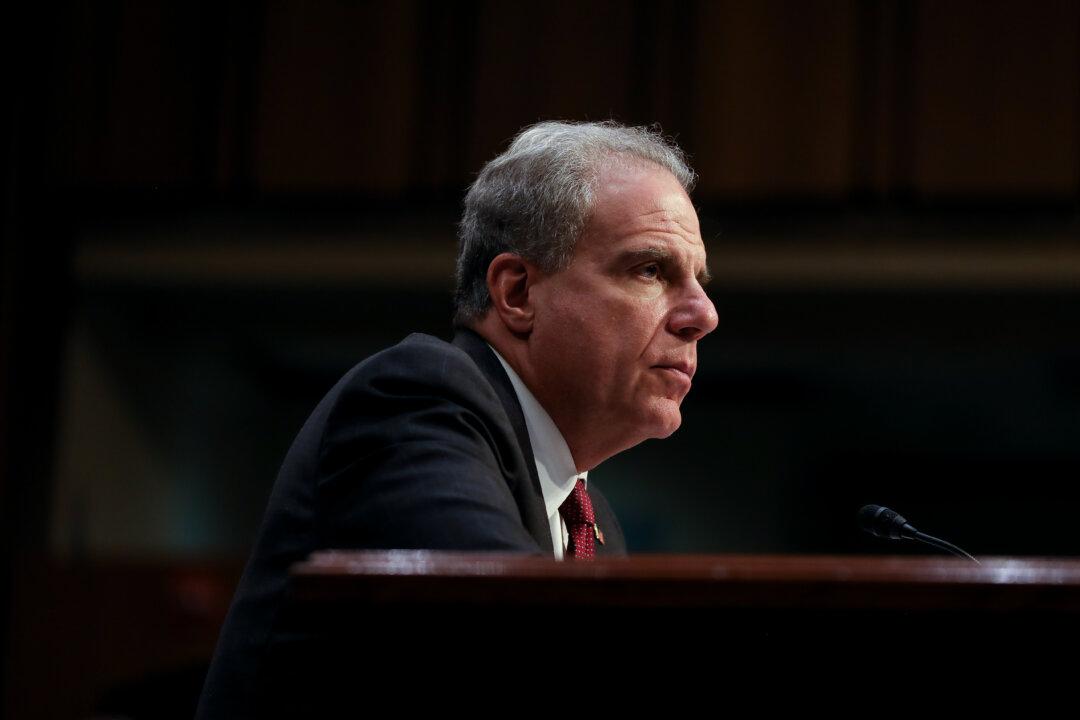A Department of Justice review of 29 spy applications approved by a secret court uncovered only two material errors, in stark contrast to the 17 major errors discovered in applications to spy on former Trump campaign associate Carter Page.
The findings bolster the case that the FBI acted with bias against Trump’s campaign.






